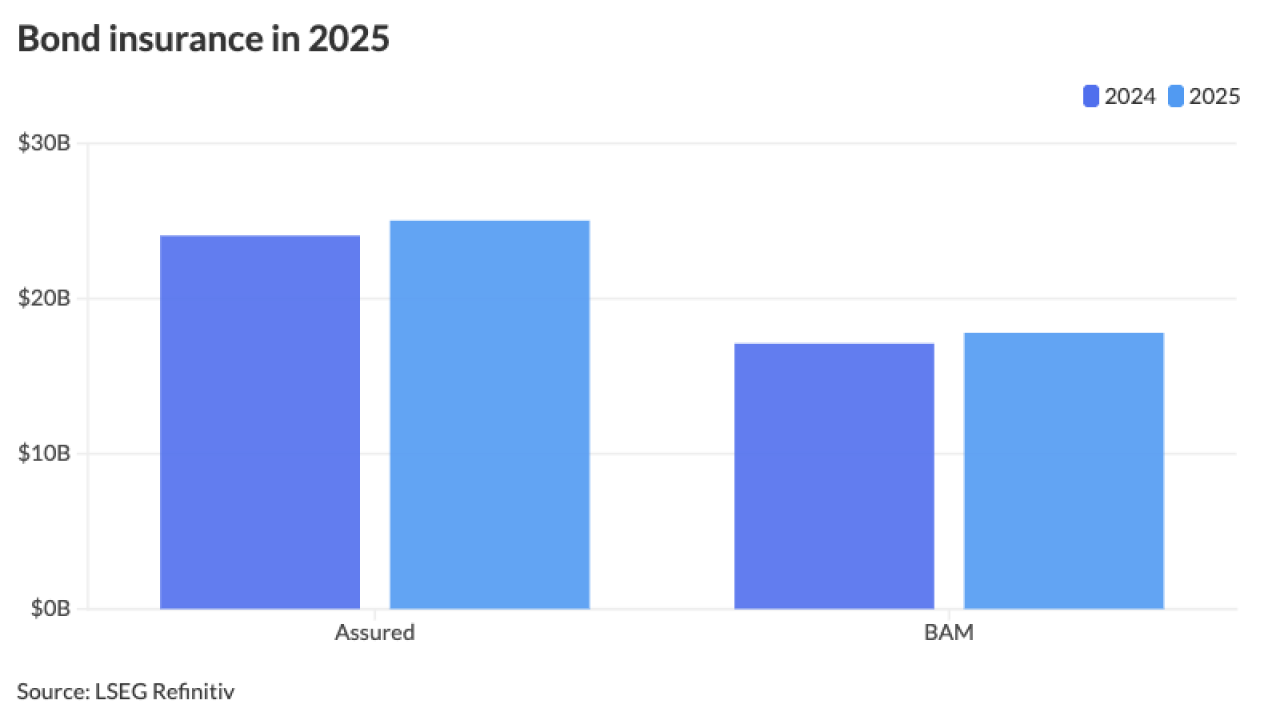
Attempts at cost cutting contained in the fine print of the One Big Beautiful Bill Act is causing distress in the U.S. maritime industry as a pair off grants administered by the Environmental Protection Agency are on the chopping block.
"Unfortunately, the One Big Beautiful Bill Act, passed by the House of Representatives last week, contains sections that will undermine the Administration's goal of revitalizing America's maritime industry," said Cary Davis, president and CEO of the American Association of Port Authorities.
"Sections 42102 and 42104 would rescind funds that ports rely on for equipment upgrades and which will bolster American manufacturing of critical port equipment."
The comments come via a letter from the AAPA sent on Monday to Senate Majority Leader John Thune R - S.D. and Rep. Shelley Capito R – W.Va. who chairs the House Appropriations Committee.
The two sections in question rescind funds administered by the EPA that were intended to reshore jobs via building port equipment in the U.S. as opposed to China.
Ports are financially supported through the federal Harbor Maintenance Trust Fund, and by issuing private activity bonds for adding and upgrading infrastructure projects.
The S&P Municipal Bond Port Index tracks more than $24 billion worth of outstanding bonds.
Ports were the only sector to earn a solid B on the American Society of Civil Engineers Infrastructure
The AAPA wants the Senate to take another look at the House killing off the EPA's "Grants to Reduce Air Pollution at Ports" which was part of the Clean Ports Program. It was appropriated with $3 billion to give ports funding to purchase new cargo-handling equipment and infrastructure upgrades while adhering to strict Build America, Buy America standards.
According to the AAPA, "The Clean Ports Program will do exactly what the Trump Administration is calling for: revitalize American manufacturing of port equipment and counter Chinese dominance in the sector."
The AAPA contends that the savings from ending the program would be negligible and points out that all but one of the 55 Clean Ports Program awards are fully obligated, with many ports already deep into procuring equipment, construction, and engineering services.
Section 42104 aims at rescinding $60 million in funding for the Diesel Emissions Reduction Act grant program.
DERA came to life in 2005 to reduce emissions from burning diesel fuel and generally enjoys bipartisan support. Ports rely on the funding for equipment upgrades.
According to AAPA, "As industry develops more fuel-efficient diesel engines, old cargo-handling equipment is outpaced. DERA allows ports to upgrade their equipment to the newest models, which saves money on fuel costs. This program is also subject to BABA requirements."
AAPA would like to see both sections removed from whatever the Senate comes up with.
"As the Senate takes up the One Big Beautiful Bill Act and considers its own version through the budget reconciliation process, AAPA urges you to omit Sections 42102 and 42104, which would result in minuscule budget savings at the cost of economic development, American manufacturing, and globally competitive ports."





